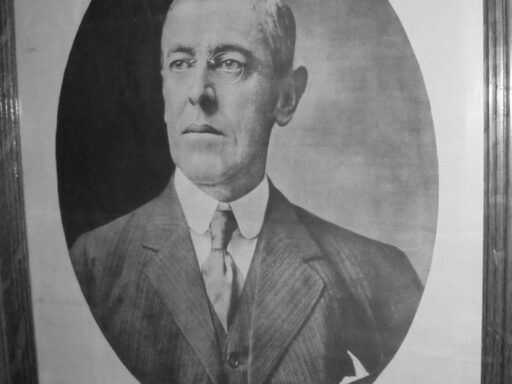The works of William Shakespeare have not always been globally prominent in the way they are today, yet they were never merely niche or of small importance outside theatre circles. During Shakespeare’s lifetime, his plays primarily reached audiences through performances at venues like the Globe Theatre in London. This meant the initial exposure was mostly within theatre-going public and literary circles. However, even then, Shakespeare held substantial recognition as a dramatist and poet. Over time, his reputation expanded dramatically, establishing him as one of the foremost figures in English literature worldwide.
Shakespeare initially gained fame as a poet, but he is best remembered for his plays. In the late 16th and early 17th centuries, theatres formed the main platform for his works. The Globe Theatre, built in 1599, became closely associated with Shakespeare and his theatrical company, the Lord Chamberlain’s Men. This company was highly influential in Elizabethan and Jacobean England, helping disseminate Shakespeare’s plays to London’s theatre audience.
Although performances were limited to theatre visitors at the time, this did not render Shakespeare’s work niche or unimportant. His plays attracted significant public and royal attention. People from various social strata attended performances. This breadth of interest indicates that his work was far from small or marginal. His writings incorporated universal themes—love, power, revenge, grief—which resonated with diverse audiences, enhancing their appeal beyond simple entertainment.
It is important to note that during Shakespeare’s era, access to literature and theatre was more restricted than in modern times. Printing and book distribution were limited, and public executions of plays were the primary way many experienced his works. This logistical reality might have contained Shakespeare’s audience within theatrical circles, but it did not imply his works lacked importance or influence.
Following his death in 1616, Shakespeare’s reputation grew steadily. His works were published in various folios and quartos, and dedicated scholarly and theatrical interest increased. By the 18th and 19th centuries, Shakespeare became regarded as an essential part of the literary canon. Universities and literary critics studied his plays extensively, and performances multiplied globally. This rise in academic and popular recognition transformed Shakespeare from a respected playwright within theatre circles to a universally celebrated literary figure.
Today, Shakespeare’s influence extends well beyond theatre. His works are fundamental texts in English and world literature courses. They have inspired countless adaptations in literature, film, opera, and more. His exploration of the human condition continues to attract new audiences across cultures and languages, firmly securing his global status.
| Period | Recognition Scope | Audience | Medium |
|---|---|---|---|
| During Shakespeare’s Life (late 1500s-1616) | Known and popular but primarily theatrical | Theatre-goers, Elizabethan public, some royal patronage | Live stage performances at Globe and other London theatres |
| Posthumous (17th-18th centuries) | Expanded literary importance; printed editions circulated | Scholars, theatre audiences, wider literary public | Printed folios, stage and private readings |
| Modern Era (19th century to today) | Global canonical figure in literature and theatre | Students, academics, global theatre audiences | Textbooks, worldwide performances, adaptations |
No credible historical record suggests that Shakespeare’s works were ever considered niche or unimportant. Rather, performance logistics initially limited audience size but did not restrict cultural significance. Over time, with printing, academic study, and global dissemination, Shakespeare’s stature has only increased.
- Shakespeare’s works were primarily experienced through theatre in his lifetime but attracted wide interest within that sphere.
- His plays’ universal themes helped sustain and expand their appeal beyond theatre circles over time.
- Posthumous publication and academic study broadened Shakespeare’s recognition significantly.
- Shakespeare is considered one of the greatest and most influential writers in the English language globally.
- His works have never been niche but have evolved from a popular Elizabethan playwright to a universal literary icon.




